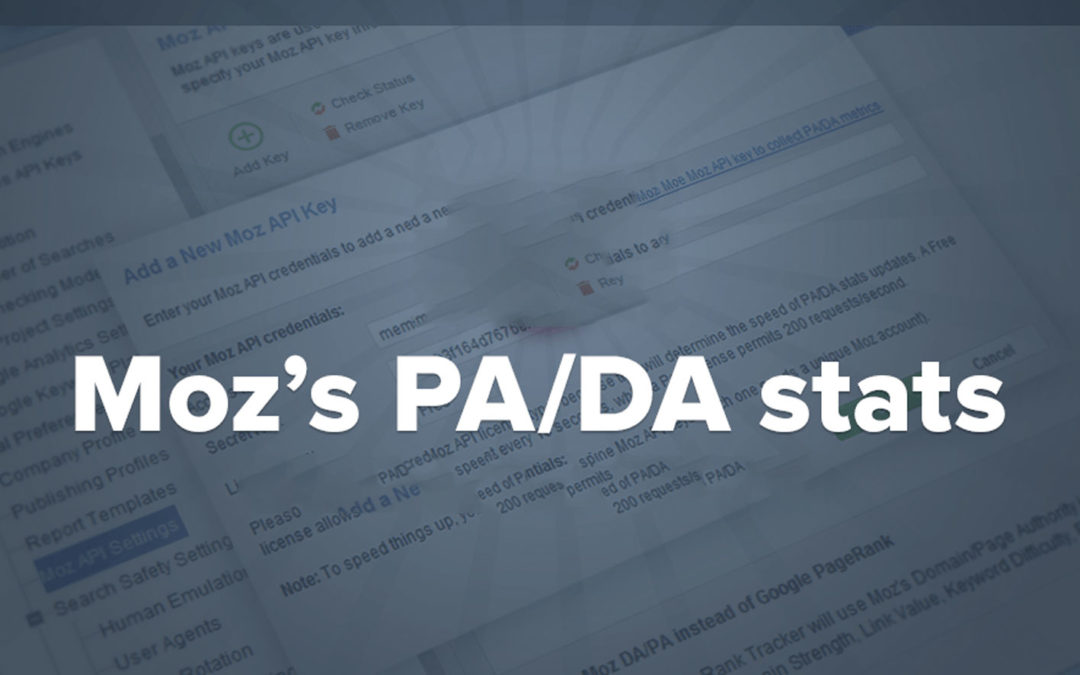This is not the first time we have seen a third-party SEO tools company, changing their algorithm, with manic to follow.
Last year we saw Ahrefs, one of Moz’s biggest competitors, cause absolute mayhem after releasing their latest algorithmic update to its proprietary Domain Rating metric.
Every year Google pushes out dozens of updates to it’s ranking algorithm in order to provide optimum search results for queries. In line with these changes, companies like Moz, Majestic, and Ahrefs, who have established authority in the market for providing website analytical data, are forced to change the way their software works. Thus, seeing changes in metrics like Domain Rating (DR), Domain Authority (DA), and Citation Flow etc.
The purpose of these algorithm revisions for third-party tools, is to calculate accurate scores in sync with the Google updates.
Let’s investigate this in more depth from an analytical perspective:
Our discussion below is based on the recent change in Domain Authority rankings and the outcome.
The two most likely scenarios people are talking about, are:
- Drop in DA score
- Improved DA score
To understand these better, we have tried to answer a few FAQs below:
Should I be worried if my website’s DA has dropped?
No, we don’t think this is a cause for much concern. Here’s why. According to Moz’s experts: Domain Authority as a relative metric, gains prominence when you compare your website’s DA to your competitors in a similar niche. This comparison helps you to understand who holds more authority over the internet in a particular niche.
This means DA is a competitive metric and shows the strength of your website as compared to the other sites.
Again DA score is a metric provided by a third-party software company which alone as a number doesn’t hold any significance.
Will this affect the Google rankings?
Certainly NOT. Because this is a 3rd party tool and its algorithm change does not affect how Google ranks websites. There is clearly no correlation between DA rankings and search engine rankings.
If in the past your SEO efforts were working fine and you haven’t got a penalty from Google, then there is no need to worry. Experiencing a drop in DA numbers is not equivalent to receiving a penalty from Google which leads to lower search engine rankings. So as long as your organic rankings are fine, you’re good to go.
How can I see if my rankings are not affected?
This is very simple, you can check your website metrics on another third party tool such as Ahrefs or SEMrush.
The best way to check this is by checking the organic traffic on your website on Google Analytics. If everything looks good, then there is nothing to worry about.
What are the factors that affected my new DA?
You might need to assess the following:
- Content on the website: make sure the content on the website is unique and of good quality. A common problem with directory sites and ecommerce sites is that their product pages have less content. All the pages of your website should have a good text to HTML ratio. The range of the “text to HTML” ratio should be between 25-70 for every page that is indexed by Google.
- Improve the quality of backlinks: If a lot of the links on the website comes from sites which have a high Spam Score, then you should do 2 things:
- Disavow spammy links
- Improve the quality of backlinks by getting links from the same industry and focus more on contextual backlinks.
If you have any more questions or would like a consultation to help you improve your DA, contact us and our team will be happy to help.

